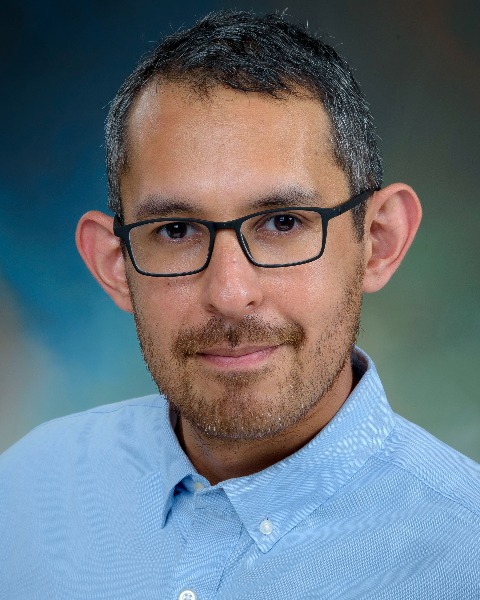Behavioral and Social Sciences
Health and Aging Among Latin American Older Adults: Findings From Studies in Brazil, Chile, Colombia, and Mexico
-
MO
Margarita Maria Osuna
PhD Student
Gerontology
University of Southern California Leonard Davis School of Gerontology
Los Angeles, California, United States -
JA
Jennifer Ailshire, PhD, FGSA (she/her/hers)
Associate Professor
Gerontology
University of Southern California
Los Angeles, California, United States -
MO
Margarita Maria Osuna
PhD Student
Gerontology
University of Southern California Leonard Davis School of Gerontology
Los Angeles, California, United States -

Phillip Cantu, PhD (he/him/his)
Assistant Professor
Internal Medicine
UTMB
Galveston, Texas, United States -

Mateo Farina, PHD (he/him/his)
Assistant Professor
Human Development and Family Sciences
University of Texas at Austin
Austin, Texas, United States -
MS
Moises Sandoval, PhD (he/him/his)
assistant professor
Public Nutrition
University of Chile
Santiago, Region Metropolitana, Chile
Chair(s)
Discussant(s)
Individual Symposium Abstract First Author(s)
Aging in Latin America is occurring rapidly, in a context of high levels of poverty, low education and limited knowledge on the health conditions of older adults. This symposium is focused on heath-disparities found in some of Latin America’s largest middle-income countries, Mexico, Brazil, Chile, and Colombia. The symposium explores various health-related topics associated with aging, that may have significant implications for longevity, overall health, and disease risk. The papers in this symposium examine a variety of health-related dimensions and disparities among older Latinos that include major chronic health conditions, such as diabetes, hypertension, cardiovascular diseases and cognition. Using data from the Brazilian Longitudinal Study of Aging, Farina examines the relationship between childhood conditions and older adult health. Using the Mexican Health and Aging Study (MHAS) and the Health and Retirement study (HRS), Cantu compares cognitive measures and their association with gender in Mexico and the US. Using mortality data, Sandoval studies how healthy life expectancy varies among the largest indigenous group in Chile compared to non-indigenous populations. Lastly, Osuna uses data from the Colombian Survey of Health, Well-Being, and Aging to examine how diseased life expectancy varies from self-reported data compared to measured data among older Colombians. Results underline what populations in Latin American have increased risk of experiencing poorer health outcomes and disparities that may exist. The findings highlight the importance of understanding the conditions under which Latin American older adults are aging and the implications this can have in the future.
Learning Objectives:
- After attending this session, participants will be able to describe the determinants of health patterns among four middle-income countries in Latin America.
- After attending this session, participants will be able to identify the populations at the highest risk for poor health among middle-income countries in Latin America.
Presentations:
-
4:30 PM - 6:00 PM ETSelf-Reported Versus Diagnosis-Based Diseased Life Expectancy Among Older Colombians
Individual Symposium Abstract First Author: Margarita Maria M. Osuna – University of Southern California Leonard Davis School of Gerontology
-
4:30 PM - 6:00 PM ETGender Differences in Informant Reports of Cognitive Functioning in Mexico and the US
Individual Symposium Abstract First Author: Phillip Cantu, PhD (he/him/his) – UTMB
-
4:30 PM - 6:00 PM ETEarly-Life Origins of Later-Life Health Among Older Brazilians: Differences in Associations by Health Condition
Individual Symposium Abstract First Author: Mateo Farina, PHD (he/him/his) – University of Texas at Austin
-
4:30 PM - 6:00 PM ETEthnic Differences in Healthy Life Expectancy in Chile
Individual Symposium Abstract First Author: Moises H. Sandoval, PhD (he/him/his) – University of Chile
